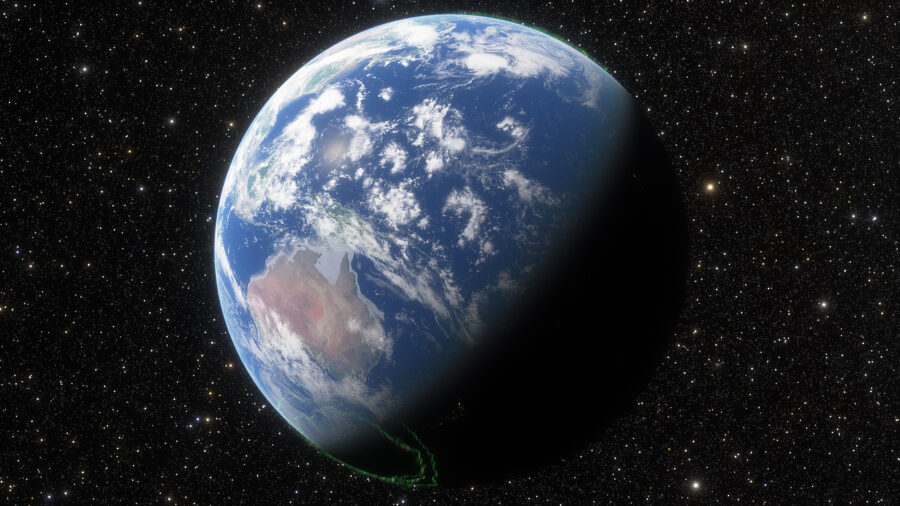Earth’s Days Are Changing And Scientists Are Baffled
The Earth is experiencing a weird phenomenon, as scientists discovered days have lost time, and others are gaining seconds. These changes could severely alter our computer systems.
This article is more than 2 years old

There have been many discussions about how many times the earth spins. Some say that the rate at which it turns is not constant. Our fundamental understanding of time leads us to believe that every 24 hours, the earth completes its cycle. However, the news of the days somehow becoming longer makes one question whether June 29th was indeed the shortest day of the year so far. So far, it has been understood that our days are somehow becoming longer but June 29th was the exception, as it was stated to be a second shorter, and all this data has left a lot of scientists baffled.
So, what actually alters the length of earth’s day? Some say that the energy between the earth and the moon is taking energy away from the system and slowing down the earth’s rotations. According to The University of Tasmania’s Professor Matt King and Dr. Christopher Watson, the earth actually operates like an ice skater who’s able to spin faster when their hands are closer to their chest. This allows it to maintain something called angular momentum. When the object is the same at every point in an orbit, and when it’s closer, it somehow increases in speed and velocity. The same is said for how the earth rotates.
However, the Ice Age glacial melting has reduced pressure at the poles, causing the mantle to redistribute itself from the equator and the planet to spin faster. Additionally, the melting of ice sheets, the giant Tonga eruption, and other factors related to climate change can affect the rate of the planet’s rotation. According to scientists, we have lost an average of 3 milliseconds daily. Those lost seconds could severely alter computer systems we use on a daily basis, as most are set to interact with a 24-hour time period. Even a few seconds lost could be catastrophic.
In contrast, the dinosaurs enjoyed slower days. It appears as the earth continues to rotate at a faster clip, the more time we begin to lose. Many big tech companies would probably welcome the change as they have been vocal about leap seconds in the past. It’s funny to think that a few billion years ago, our earth’s day was only 19 hours. Now it seems we’re getting longer days and have no exact reason as to why. Some scientists believe that the changes in weather systems and a phenomenon called “Chandler Wobble” may also have something to do with the change. The latter is described as a slight deviation in the earth’s rotation axis.
Understanding the earth’s rotation on these longer days will have a significant effect on several host applications, including GPS. It will be interesting to see whether this trend continues or if it’ll perhaps even reverse at some point. Also, one must wonder whether humans would actually benefit from having longer days. Perhaps we’re able to do a lot more with less? Either way, it appears scientists have quite a ways to go before genuinely understanding this strange phenomenon.











